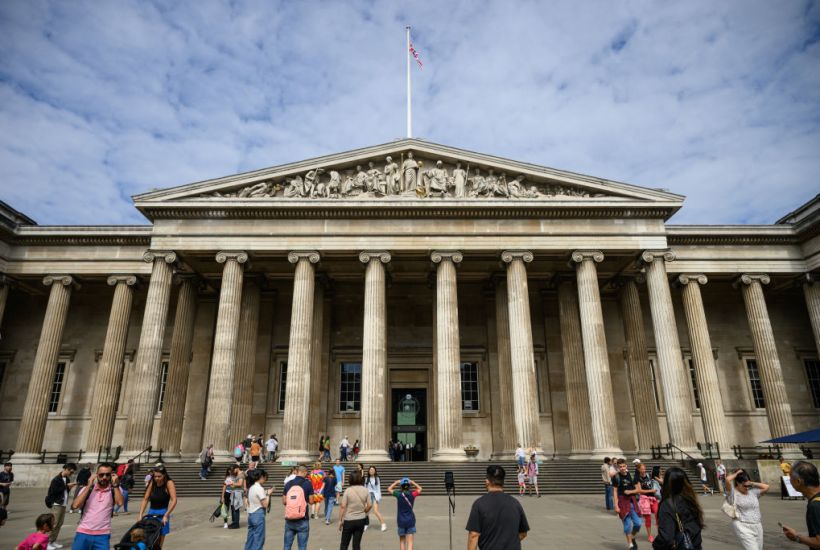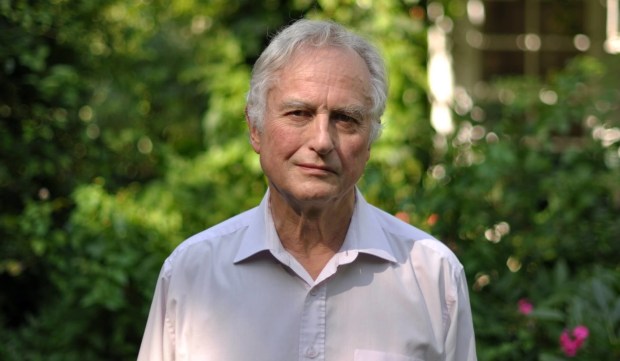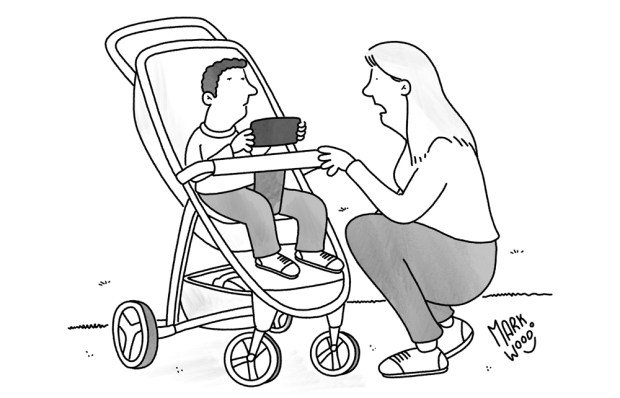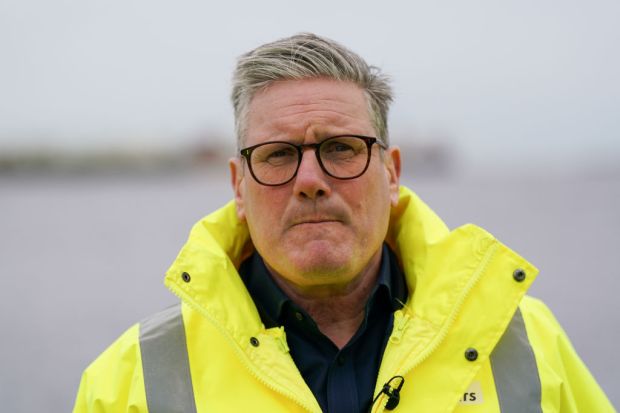The Royal Academy has nominated Tracey Emin to be a trustee of the British Museum. There is quite a fanfare about the appointment – she is the first female artist to join the Board. Emin’s ability to shock and to push at the boundaries of what might be considered art, often invoking her own sex life, has made her into one of the best-known artists in modern Britain. And she is well on the way to becoming a National Treasure, despite all the controversy her artworks have generated. I do not much like her work, but it is hard not to recognise its originality, and her charitable work over the years has been truly impressive. Lately she has shown great courage in her battle against bladder cancer.
Museums are becoming badly infected with an ideology most visitors to their collections simply do not share
The question though is not what one thinks of Tracey Emin and her art so much as what one thinks of the make-up of the Board of Trustees of the British Museum. Given the nature of the collections and the issues that have been raised about the right of the museum to hold on to important items in its collections, one might expect the board to include several archaeologists and ancient historians. In fact, I can count only two, Chris Gosden, a highly original archaeologist from Oxford, and the marvellous and irrepressible Mary Beard from Cambridge.
The appointment of museum trustees has become enormously important in the last few years, as directors and curators of museums press ahead with an activist agenda that undermines the general understanding of what a museum is. Some would argue that museums should be challenging assumptions. But there are good and bad ways of doing that. An excellent exhibition held recently in the British Museum showed how we have underestimated the cultural vitality of Qing China during the nineteenth century. There was very little preaching about colonialism and imperialism, even when looking at the opium wars, leaving visitors to draw their own conclusions about the relationship between China and the West at this time. Compare that to the very preachy, finger-wagging Black Atlantic exhibition at the Fitzwilliam Museum in Cambridge that is bathed in the murky light of Critical Race Theory, offering questionable statements not just of opinion but of fact.
Museums are becoming badly infected with an ideology most visitors to their collections simply do not share – our millions of foreign visitors must often find themselves enormously perplexed. Museums are becoming centres of propaganda where disputed views of the past are promoted as absolute truth. The Museums Association, which receives generous funding from UKRI (UK Research and Innovation, the national body that dispenses funds for advanced research) now adopts an overtly activist approach to museum collections. It is running several campaigns: ‘Museums Change Lives’, ‘Anti-Racism’, ‘Decolonising Museums’ and ‘Museums for Climate Justice’. The chairman of UKRI, Dame Ottoline Leyser, has already been hauled over the coals in public by the science minister, Michelle Donelan, for failing to notice that members of the sub-committee on Equality, Diversity and Inclusion included individuals who have made extremely distasteful comments about Israel and Hamas – a resigning matter, one would have thought. In addition, though, UKRI urgently needs to investigate its relationship with the Museums Association.
Boards of trustees very often appoint people who have already been trustees elsewhere, creating a closed circle of those who see themselves as the Great and the Good. Whatever your expertise and experience, it is not easy to break into that circle if there is a suspicion that you might upset the applecart. Getting people who make it abundantly clear that they do not subscribe to the activist agenda on to museum boards is not straightforward, despite attempts by past Culture Secretaries to support candidates who would help restore the balance. I have benefited from that support, but appointments panels dug their heels in and refused to forward my name to the minister for approval. On one occasion it was nonsensically argued that I would bring nothing to the board (even though that particular museum is close to my interests and even sells my most recent book). Talking to people who have had more success in being appointed, it becomes all too clear that their voices are heard while they speak, but their words are all too often immediately forgotten and ignored.
So I have nothing against Tracey Emin herself. From what I have heard, her own political views are moderate and sensible. The question is, rather, whether we need more trustees with truly relevant expertise, willing to set their face against the dangerous trend that is turning our museums into morgues of imperialism, colonialism, racism and a great many other isms – and, above all, into fortresses of self-righteous dogmatism.
Got something to add? Join the discussion and comment below.
Get 10 issues for just $10
Subscribe to The Spectator Australia today for the next 10 magazine issues, plus full online access, for just $10.




















Comments
Don't miss out
Join the conversation with other Spectator Australia readers. Subscribe to leave a comment.
SUBSCRIBEAlready a subscriber? Log in